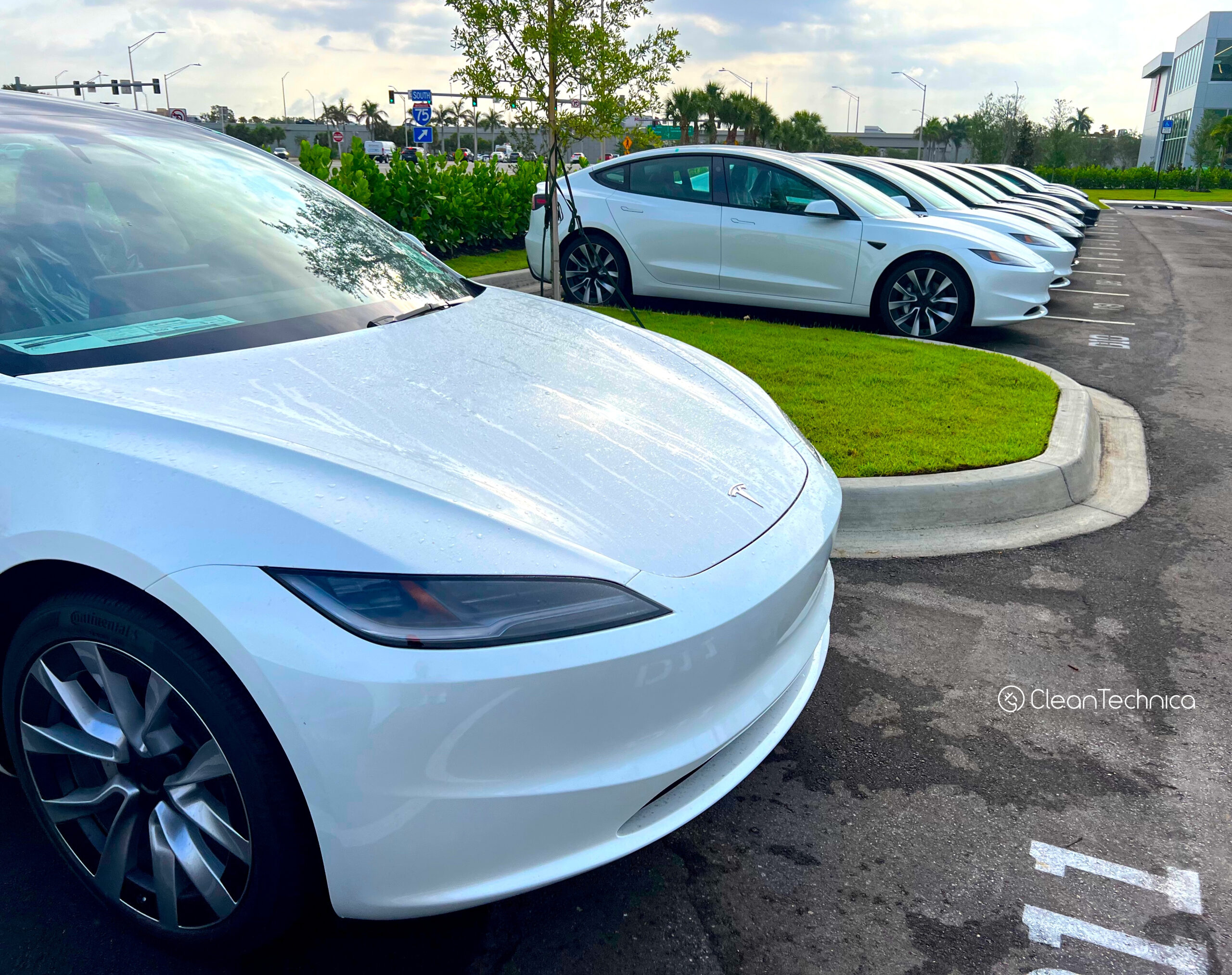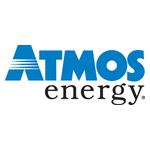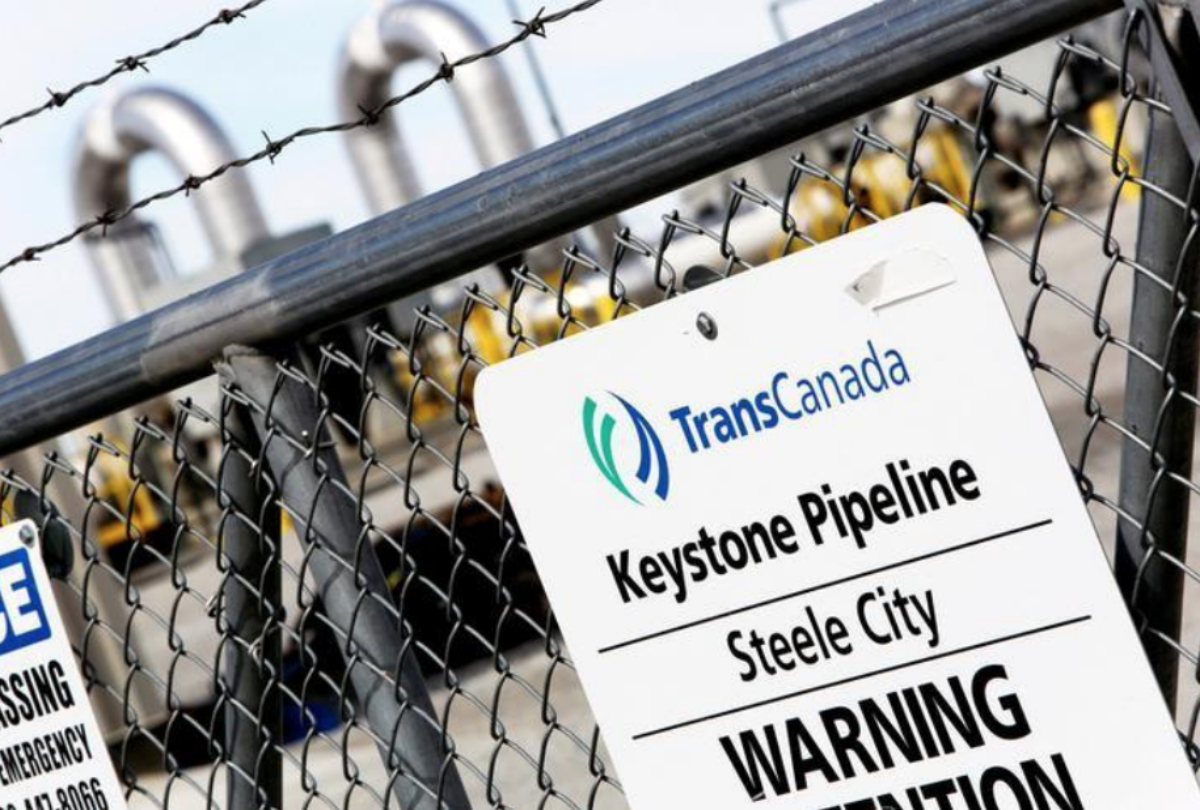Sign up for daily news updates from CleanTechnica on email. Or follow us on Google News!
The warning signs appeared last year when Shell scrapped its plans to build 48 hydrogen refueling stations for light duty vehicles in California. The company was in line for over $40 million in state incentives to install those fueling stations, but even that was not enough to move the project forward. In September, Shell closed three of its five hydrogen stations in the state.
“We can confirm that Shell has discontinued its plan to build and operate additional light-duty vehicle fueling stations in California,” a company spokesperson tells Hydrogen Insight. “We will continue to invest in hydrogen in a disciplined manner, with a focus on hard-to-abate sectors such as industry and heavy duty transport and emphasis on key regions where we have competitive advantage and strong adjacencies with our existing business. Shell remains active in hydrogen in California where we operate three heavy duty stations as part of project ZANZEFF: Zero and Near Zero-Emission Freight Facilities Shore to Store Project.”
In July, the company formally rejected the funding available from the state of California, saying in a letter written by Abhishek Banerjee, Shell’s hydrogen commercial manager in the US, “Political and economic uncertainty in the initial stages of market deployment present a significant risk in further investment. These barriers need to be overcome in order to enable future investment from Shell in this segment of the market.” He also wrote that the project had encountered difficulties getting permits and sourcing green hydrogen, and faced high construction costs.
The California-based trade body Hydrogen Fuel Cell Partnership states on its website that H2 filling stations cost an “estimated” $2 million to build, a sum that might be difficult to ever recoup, given that only 17,284 fuel cell cars have ever been sold or leased in the state. California’s largest H2 fuel retailer, True Zero, operates 37 of the 53 hydrogen filling stations in the California. It recently hiked the price of hydrogen at all its pumps to $36 per kg, up from around $30/kg. As recently as April 2021, it was charging just $13.14 per kg. According to Hydrogen Insight calculations, this now means a Tesla EV is now roughly 14 times cheaper to run than a Toyota hydrogen car in the state.
Shell closed three of its five hydrogen stations last fall, calling the closures “temporary” but declining to say when they might reopen. Hydrogen refueling stations tend to suffer from serious reliability issues due to the nature of liquid hydrogen, which is notoriously difficult to handle. Iwatani, a Japanese gas company that is one of the two largest names in American hydrogen filling stations, is currently suing Nel, the Norwegian company that provided the core technology for its stations, claiming it was bamboozled by that company.
Shell Drops The Other Shoe
Now we know those three stations and the two that remained open are all being taken out of service. Shell Hydrogen will permanently close all seven of its California pumping stations immediately, the company confirmed this week. It will no longer operate light duty hydrogen stations in the U.S., which represents another blow to the struggling hydrogen car market in the only state where the fuel is widely available at all.
A Shell spokesman told Hydrogen Insight on February 9, 2024, “Shell discontinued the build out of its light duty hydrogen station network in California in 2023, and after temporary closure of five of its seven light duty stations, made the decision to permanently close its light duty station network in California in early 2024. This was due to a number of market factors.” Shell will continue to operate three H2 filling stations for heavy duty vehicles in the state.
Shell previously told Hydrogen Insight in December that it would prioritize hydrogen for heavy duty mobility, while investing in EV charging to decarbonize light duty vehicles. In 2022, Shell closed all three of its hydrogen filling stations in the UK. The company and its partner, Motive, said they were refocusing their business on serving heavy duty trucks, which those three sites would not be able to accommodate.
The decision to abandon the California market for light duty hydrogen fueled vehicles could also reflect a lack of demand. While California was one of the few markets for hydrogen powered vehicles to grow this year, only 3,143 were registered in 2023, which was less than 1% of battery electric cars sold in the same period, according to the most recent figures from the California Energy Commission.
The Dispute Behind The Hydrogen Fueling Station Closures
Iwatani’s American subsidiary alleges in court documents seen by Hydrogen Insight that Nel had never actually tested its H2Stations in “real-world commercial conditions” prior to selling seven of them for the Californian market, structuring its contracts so that only the Norwegian firm would have visibility over any problems with the equipment. “This scheme was designed to allow [Nel] to hide defects in the equipment, control information customers received regarding problems that were encountered, and use customers’ equipment for field testing and R&D without their knowledge and at their expense,” Iwatani alleges.
Iwantani also claims that the H2Station control systems and software had not been completed by the time its refueling points were installed, alleging that Nel was still writing the code while employees in its Denmark office ran equipment remotely without Iwatani’s knowledge. “This shifted the cost of field testing the H2Stations to [Iwatani] and allowed [Nel] to take them into the market before they were properly tested or ready for actual commercial use by customers, and long before the software underlying the Control Systems and Software was actually created,” the lawsuit continues.
The Japanese company also argues that the Norwegian firm had misrepresented its track record, claiming that the equipment sold to other companies “was actually defective, had disastrous performance records, and was plagued by constant breakdowns and failures that caused the customers to incur millions of dollars in lost profits and other damages.” We here at CleanTechnica are not experts on business transactions, but a casual reading of the complaints against Nel seem to indicate a shocking lack of due diligence on the part of the Japanese firm.
Fuel Cell Car Owners Suffer
Having Shell pull the plug on its hydrogen refueling plans should give Toyota Mirai, Hyundai Nexo, and Honda Clarity Fuel Cell owners pause. The technology has struggled to catch on, as the stations and their fuel remain expensive. Though hydrogen car manufacturers usually include a large amount of free fuel in the purchase of a vehicle, once that runs out consumers are left to buy very expensive hydrogen from stations that are often broken, out of fuel, or swarmed with long lines. It’s why used hydrogen cars are so cheap, and why they still aren’t a good deal.
Shell, with its decades of experience in the fossil fuel industry, was supposed to make driving a hydrogen powered car cheaper and spearhead the building of a robust fueling infrastructure. “If even a fossil giant like Shell can’t justify investing in the future of light duty hydrogen infrastructure, we’re not sure who can,” says Inside EVs.
Have a tip for CleanTechnica? Want to advertise? Want to suggest a guest for our CleanTech Talk podcast? Contact us here.
Latest CleanTechnica TV Video
I don’t like paywalls. You don’t like paywalls. Who likes paywalls? Here at CleanTechnica, we implemented a limited paywall for a while, but it always felt wrong — and it was always tough to decide what we should put behind there. In theory, your most exclusive and best content goes behind a paywall. But then fewer people read it!! So, we’ve decided to completely nix paywalls here at CleanTechnica. But…
Thank you!
CleanTechnica uses affiliate links. See our policy here.





